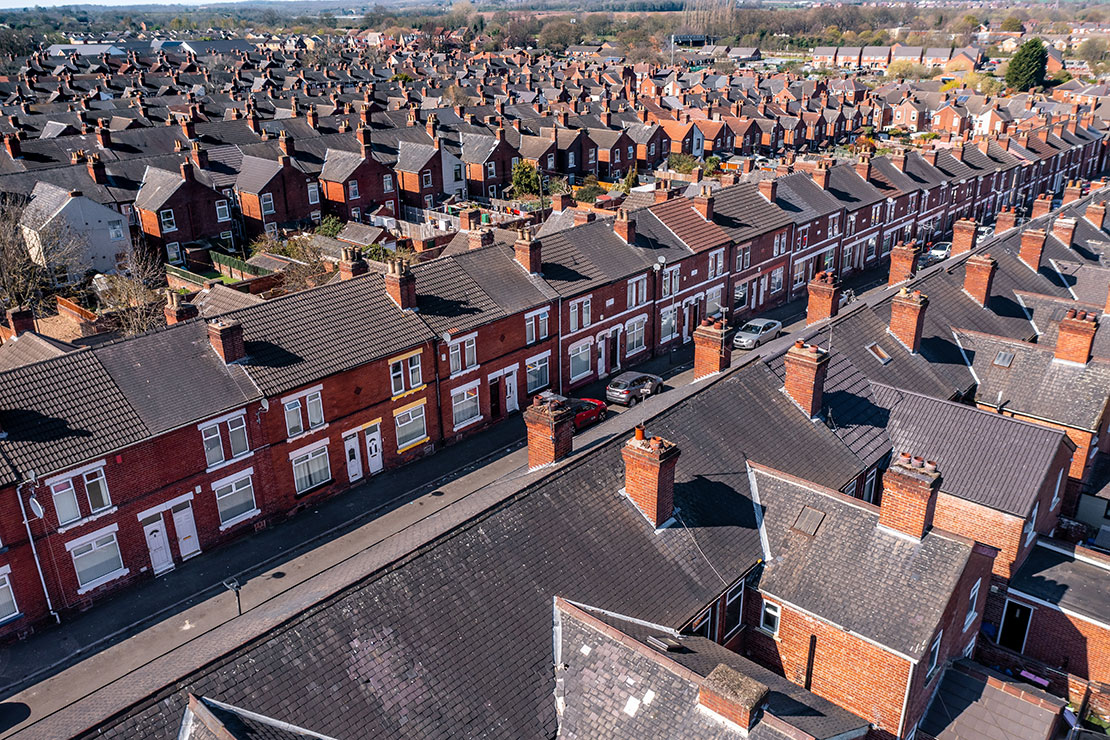
Our Health, Our Homes
For nearly four decades, NEA has partnered with local and national government, health bodies, industry and a wide range of local organisations to deliver practical solutions to improve health and wellbeing and address housing as a key social determinant of ill-health.
Despite our collective work, cold, damp, poorly insulated and under heated homes are still costly. For NHS England, this exceeds £1.4bn per year, with broader societal costs, from lost education and employment opportunities, standing at over £18.6bn. Respiratory illness, cardiovascular disease, and common mental disorders are among the costliest examples of health-related implications of poor housing.
In the extreme, cold homes cost lives. Across the UK, NEA estimates that on average more than 10,000 people die each year due to living in a cold home. In England Wales, excess winter deaths have risen by nearly 20% last winter. The alarming increase in Excess Winter Deaths last year was before the impact of Covid-19 struck. Covid-19 is likely to have left many households more exposed to the risks of living in a cold home than ever before.
Our research and policy team have worked extensively to influence the health agenda. Notable projects and streams of work include:
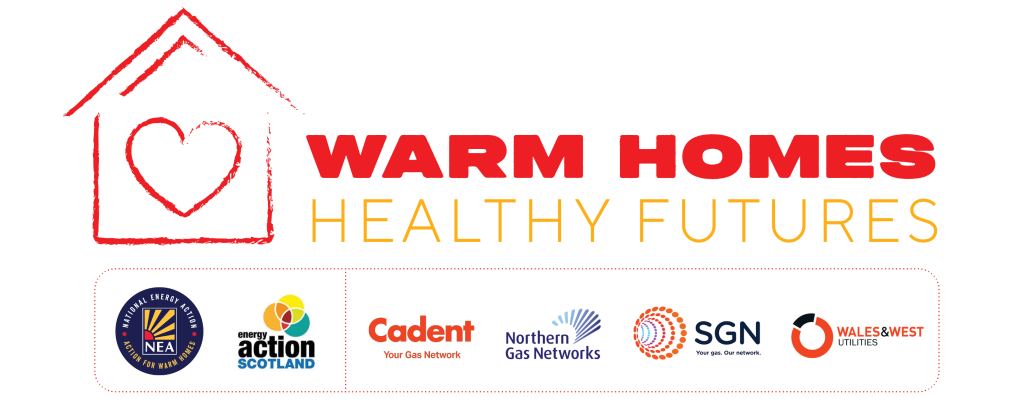
Warm homes, Healthy Futures
Too many individuals and families are trapped in cold, damp, and poor-quality homes that should be places of safety but, instead, are health hazards. They exacerbate existing medical conditions and create widening health inequalities.
National Energy Action have launched Warm Homes, Healthy Futures: our collaborative fuel poverty and health programme that will be coordinated nationally, and delivered locally in communities where there is high need and limited existing support. The programme provides the health sector and trusted local partners with a means to access or deliver fully funded essential services, including energy advice, income maximisation, debt support, frontline worker training, appliance servicing, and support with accessing grants and measures. But the programme is bigger, more ambitious than simply or solely rolling out existing services.
By addressing the root causes of fuel poverty and targeting those most vulnerable, it will make a tangible difference to tens of thousands of people’s lives but will also work to better align efforts to tackle health inequalities and fuel poverty at regional and national levels. Warm Homes, Healthy Futures has been developed in partnership with our sister charity Energy Action Scotland and is supported by gas distribution networks Cadent, Northern Gas Networks, SGN and Wales & West Utilities, as well as delivery partners across England, Wales, and Scotland. The first phase of local delivery begins in May 2024.

Health and Homes Working Group
Working with the Department for Business, Energy and Industrial Strategy, we convene a cross-departmental and cross-sectoral Health and Homes Working Group focused on connecting fuel poverty mitigation with public health. The Working Group includes representatives from Public Health England, the National Health Service, the Department for Health and Social Care, Citizens Advice, the Chartered Institute for Housing, the Chartered Institute for Environmental Health, among others. Alongside this work, NEA facilitates an internal health working group to bring together and provide strategic insight for our own health-related professional practice, research, and policy.

Taking the Temperature of NG6
Since its publication in 2015, the National Institute for Health and Care Excellence’s (NICE) NG6 guideline has been recognised as a landmark resource for understanding and deploying appropriate action to support those at risk of worsening health because of cold homes and fuel poverty.
In 2023, National Energy Action worked in partnership with Marie Curie to undertake research exploring the implementation of this guideline, identifying examples of best practice across England and Wales with specific consideration of what this means for people at the end of life.
Drawing on existing research, publicly available resources and reports and resources shared in response to Freedom of Information requests, the report provides a snapshot of what is happening in relation to the NG6 recommendations. It considers the work of local authorities, health and wellbeing boards, integrated care boards, government, and other national bodies such as public health.
While positive examples of how NG6 is being implemented are identified, the research shows that more action is needed. Progress to date has been patchy and inconsistent. In many cases, there is little to no data or detail on the implementation of NG6, which is a mandatory guideline in England, and this means that either there are gaps in existing activity, or that work is happening but is not known about, making scaling up or learning from examples of best practice difficult.
You can access the full report, including recommendations for policy and practice, here.

Leicester Energy Action – Keeping Leicester Warm and Healthy
Since January 2023, NEA’s Leicester based team has been working with vulnerable people in the city. The project, funded by NHS Integrated Care and delivered in partnership with Leicester City Council (public health), has made a huge difference to people’s health and wellbeing. On-the-ground support includes:
- One-to-one affordable warmth and energy efficiency telephone advice
- Group energy advice presentations and workshops
- Fuel debt support, helping with understanding bills and getting the most suitable payment options and meters
- Top-up support or signposting to local forms of financial assistance, such as the Household Support Fund
- Educational opportunities in primary schools
- Community development and a network for Energy Champions
- City & Guilds-accredited Energy Awareness courses and short webinar training for frontline workers and volunteers.

Connecting Homes for Health
“The improvement in my health has changed my life”: Our Connecting Homes for Health research explored the use of health-based eligibility criteria in housing improvement schemes. Before help, over 80% of households reported their homes negatively impacting health; following, this reduced to less than 1 in 10.
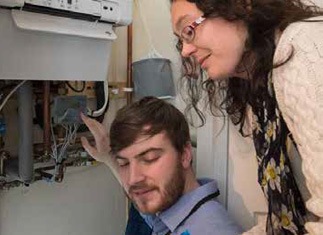
Health and Innovation Programme
Our expansive £26.2 million Health and Innovation Programme assisted more than 9,000 households. The Warm & Healthy Homes Fund formed a key strand of this activity, providing interventions to 2,663 households across Great Britain. Mobilising NICE guidelines associated with cold homes and health, our social evaluation reported significant physical and mental health improvements including a self-reported 55% improvement in health since receiving measures and 15% of beneficiaries reported they had reduced their number of GP visits.

Catalogue of health-related fuel poverty schemes
Commissioned by the UK Government, we developed a catalogue of local health-related fuel poverty schemes, examining those aiming to address the cost burden and stresses of cold home related ill-health. This work led to a series of health-focused seminars.
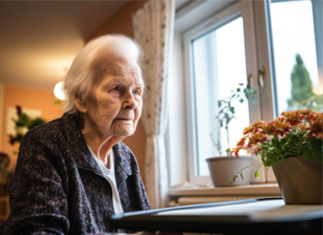
Better at Home
In 2016-18 NEA worked with Macmillan Cancer Support to identify vulnerable households at risk of fuel poverty, living in a cold home and experiencing ill health. The fund supported the provision of energy efficiency and heating measures to householders identified as ‘in need’. NEA also established several links with new local agencies supporting people with health conditions, with a particular focus on reaching people who may be affected by cancer. More information can be found here.
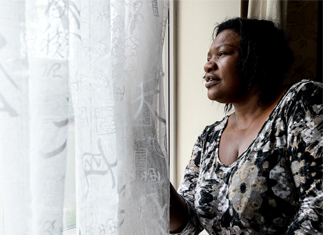
Get Warm Soon
Our Get Warm Soon research examined the extent to which Health and Wellbeing boards in England were adopting public health indicators linked to cold homes in accordance with NICE guidelines.
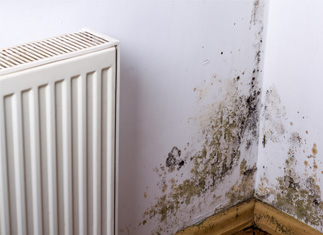
Under One Roof
Commissioned by Liverpool City Council and funded by BEIS, our Under One Roof research examined cold home related ill-health, and the evidence and practices of where health bodies have worked in partnership with fuel poverty alleviation schemes.

Warm Home Prescription
NEA partnered with Energy Systems Catapult to support the delivery of a pilot Warm Home Prescription service in Tees Valley. The aim of the project was to help patients heat their homes to safe temperatures throughout winter 2022/23. The scheme was developed for people with chronic health conditions that are made worse by living in cold homes, to reduce harmful health complications and relieve pressure on the NHS. Once social prescribers had referred eligible patients into the service by the NHS, NEA’s expert advisers contacted them to ascertain relevant data and to provide energy advice and support. From this, NEA was able to ‘prescribe’ a warm home and credit the patient’s gas or electricity account to cover the cost of heating their property’s main living area to 21 degrees by day and their bedroom to 18 degrees by night, up to the 31 March 2023. During the pilot, NEA provided 292 Warm Home Prescriptions to patients.
As a result of the trial, the health and wellbeing of individuals improved significantly owing to a warmer home: 79% of recipients found it had a positive impact on their physical health and 70% said that it improved their mental health. 76% of recipients reported that afterwards they were more likely to make improvements to their homes, to make it more energy efficient.
NEA’s chief executive Adam Scorer is part of the Warm Home Prescription taskforce, chaired by Amber Rudd (former Secretary of State for Energy and Climate Change). The taskforce aims to generate awareness and support of the scheme and how it can be replicated at scale to provide support to people with chronic health conditions and who are vulnerable to the cold.
For more information and findings see https://es.catapult.org.uk/project/warm-home-prescription/
For more information on our work in this area, please contact Danielle Butler.

